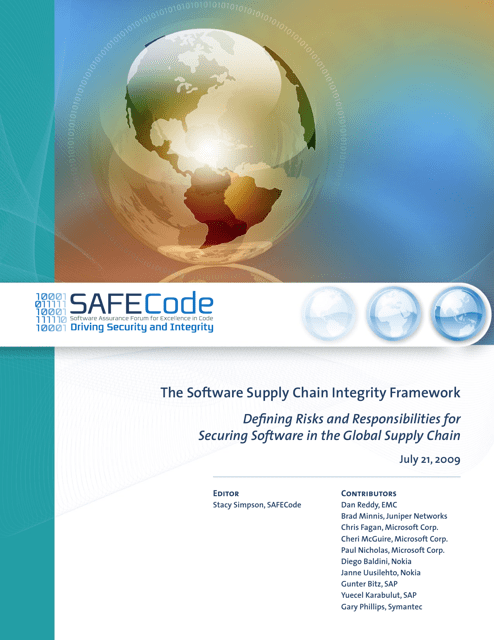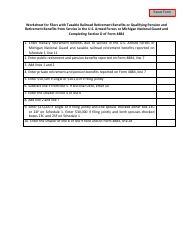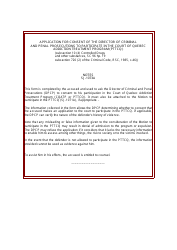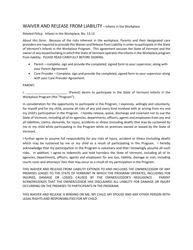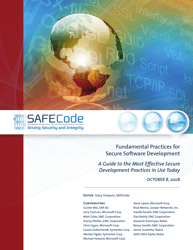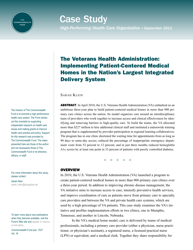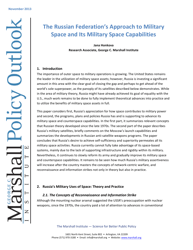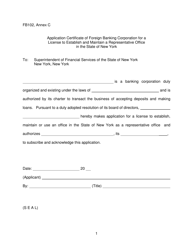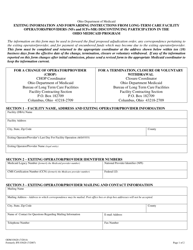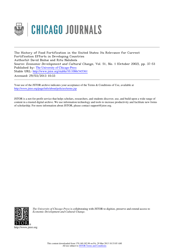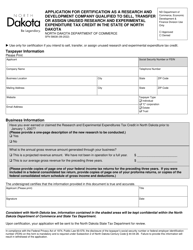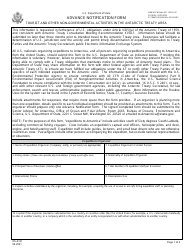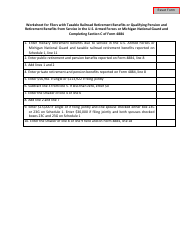The Software Supply Chain Integrity Framework: Defining Risks and Responsibilities for Securing Software in the Global Supply Chain - Safecode
The Software Supply Chain Integrity Framework, developed by SAFECode, defines risks and responsibilities for securing software in the global supply chain. It aims to ensure the integrity and security of software throughout its entire lifecycle, from development to deployment, by addressing potential vulnerabilities and mitigating risks.
SAFECode (Software Assurance Forum for Excellence in Code) is an organization that released the publication "The Software Supply Chain Integrity Framework: Defining Risks and Responsibilities for Securing Software in the Global Supply Chain". It is not filed by any particular entity but created and released by SAFECode.
FAQ
Q: What is the Software Supply Chain Integrity Framework?
A: The Software Supply Chain Integrity Framework is a set of guidelines that define risks and responsibilities for securing software in the global supply chain.
Q: Why is software supply chain integrity important?
A: Software supply chain integrity is important because it helps to ensure that software is secure and free from tampering or malicious code, protecting users from potential cyber threats.
Q: What does the Software Supply Chain Integrity Framework aim to do?
A: The Software Supply Chain Integrity Framework aims to establish best practices and guidelines for securing software throughout the supply chain, from development to deployment.
Q: Who developed the Software Supply Chain Integrity Framework?
A: The Software Supply Chain Integrity Framework was developed by SAFECode, an industry-led nonprofit organization focused on software assurance.
Q: What are the key components of the Software Supply Chain Integrity Framework?
A: The key components of the Software Supply Chain Integrity Framework include risk assessment, supplier relationships, verification and validation, incident response, and continuous improvement.
Q: How does the Software Supply Chain Integrity Framework help protect against cybersecurity threats?
A: The Software Supply Chain Integrity Framework helps protect against cybersecurity threats by providing guidelines for identifying and mitigating risks within the software supply chain.
Q: Who can benefit from implementing the Software Supply Chain Integrity Framework?
A: Any organization involved in the software supply chain, including developers, vendors, and consumers, can benefit from implementing the Software Supply Chain Integrity Framework.
Q: Is the Software Supply Chain Integrity Framework applicable only to specific industries?
A: No, the Software Supply Chain Integrity Framework is applicable to any industry that relies on software, as software supply chain integrity is a universal concern.
Q: Are there any legal or regulatory requirements associated with the Software Supply Chain Integrity Framework?
A: While the Software Supply Chain Integrity Framework is not a legal or regulatory requirement, it aligns with existing industry standards and best practices.
